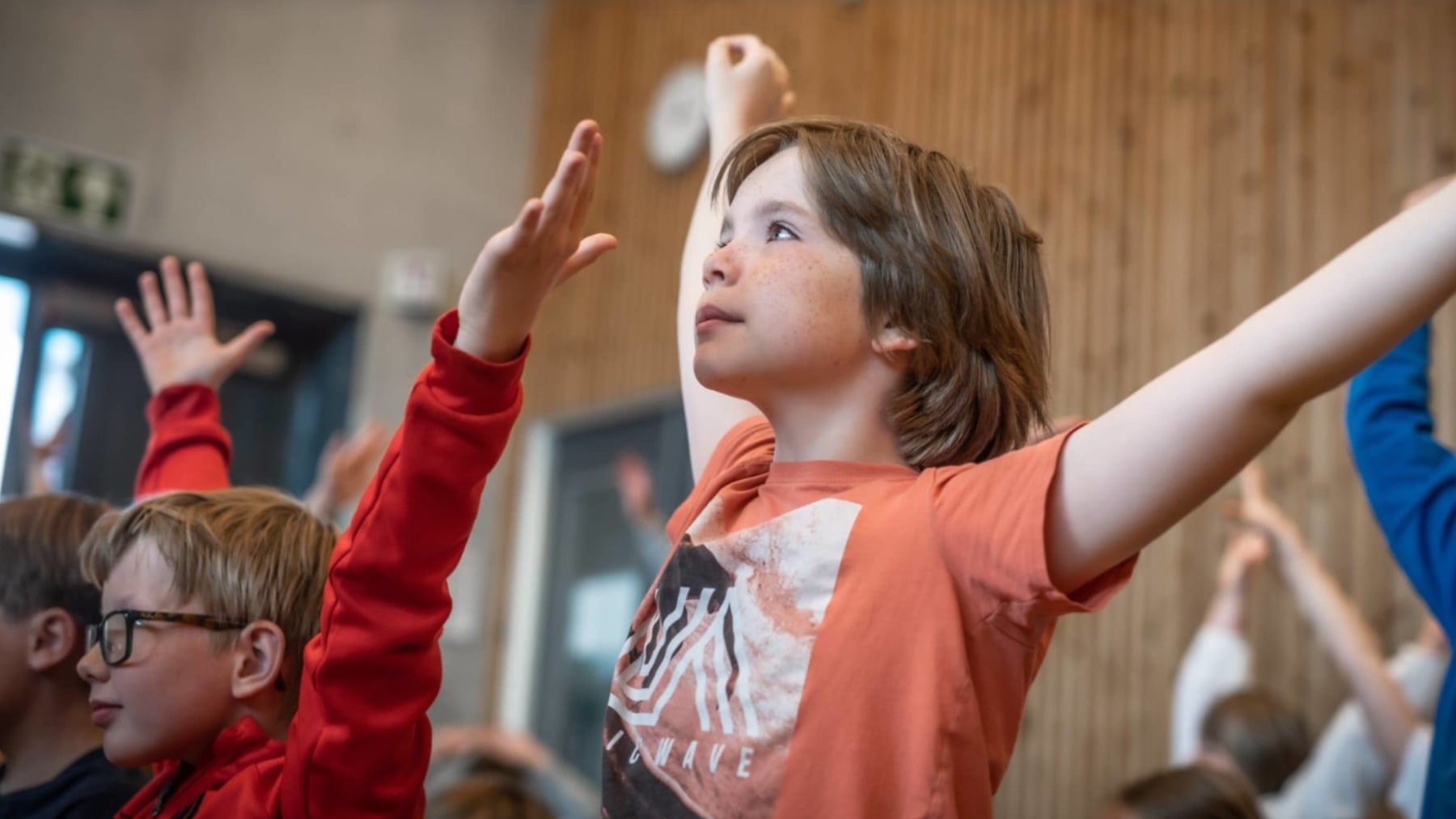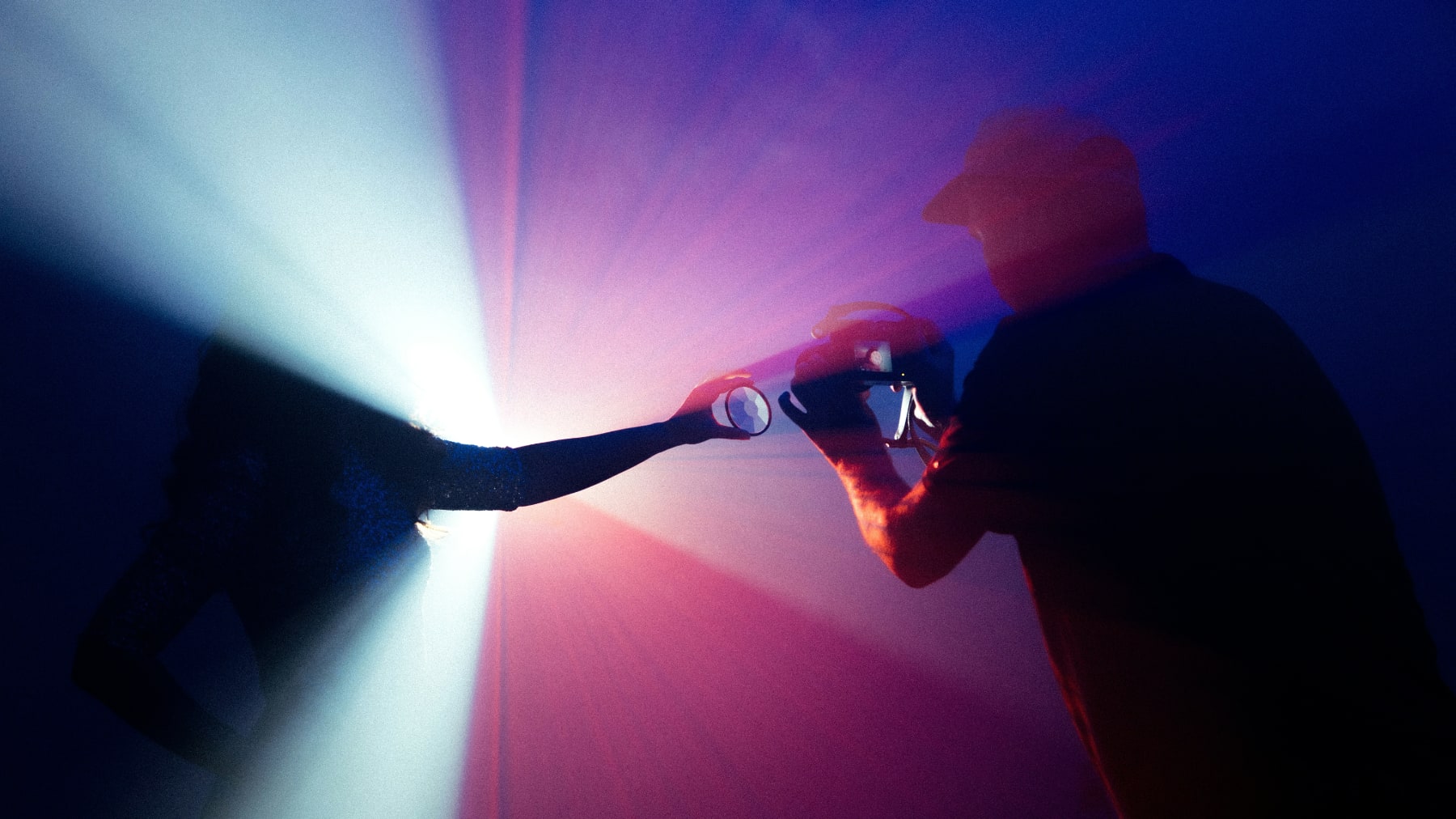What did you create today?

(Before I start: This blog post was first written and published by me in Norwegian on Skapia’s website. I repost it here, in English and a slightly revised version, for easier sharing with some of my non-Norwegian friends and colleagues. And since English isn’t my native language: In this blog post, I use the word “mastery”. It’s literally translated from Norwegian, but I’m not sure it is the correct word in English. However, what I mean is the recognition a person has to succeed, cope and enjoy – in a single action or in life as a whole. It’s NOT meant like being superior, better than others, high achievement, or perfect in any way.)
What did you create today?
Maybe you can make a small list? Or if you think “… create? … nothing?”, then I do not agree. For all people create something – every day. Our recognition of this is a key to life mastery.
We live in a world where mastery characterizes a so-called successful life – for better and worse. Of course, it is a good thing to focus on the fact that we as children, young people, and adults should experience mastery in our lives. But a strong common focus on mastering on a high level may also lead to the experience of not mastering – or not mastering well enough, – something many young people experience today. This gives children a difficult start in life, leads to young people dropping out of school, and people of all ages struggling with mental health and social relations.
In the public debate, we talk a lot about this, and then we create measures to repair the damages. But are we talking enough about how to prevent young people’s experiences of falling out? How can we prevent so many people from needing some sort of measure to cope with life?
At the same time, we cultivate exceptional skills and talents. Enthusiastically, we share videos on social media that show children performing at a level that we hardly thought was possible. And people seem to have this unstoppable hunger for so-called talent shows, where those with extreme skills are winners and everyone else is sent back home.
In raising kids, we know that children do not primarily do as we say, but as we do. So even though society believes and says that everyone needs experiences of life mastery, I’m not sure that this is the message that reaches children and young people the strongest. What characterizes the subconscious self-image?
Everyone can create
We keep saying that everyone can create. What if we go one more step, and say that everyone actually creates something every single day? We create solutions to small everyday challenges, we create relationships with other people, – and small thoughts that may grow into big dreams, – and perhaps we create just a moment of happiness with nothing else but our thoughts. Some also create drawings and music. Not only art but also as simple as doodling in the margin of a note – or the music that only exists inside our own heads.
Small creative processes
The recognition of all these creative micro-processes is important. That’s because the confident recognition saying that “I can create” is an important key to life mastery. It gives us awareness and experiences that help us find a way from A to B in life, experiences that tell us that challenges can be solved. The result can be that we find something we are looking for, – or we are fine with our own thoughts, – or we have good relationships, – or we create a work of art, – or, for that matter, an app that solves global problems. The key is the same: I have experienced that I can create.
In my opinion, this is also why we as educators working with Everyone Can Create from Apple, should emphasize the small creative processes – and the acts of being creative, more than the activity alone. The activity is fun, and the product may be impressive, but the inner experience of being creative is crucial and must not be overlooked.
Music is one of several ways to let children and youth have these experiences. Sound and rhythms are an intuitive and playful way to create and to be creative. Nothing can go wrong, it’s just a lot harder if society expects extreme skills. That is why I’m so much more concerned with the personal expression, rather than copying the music of some professional artist and making a pale cover version. And children really love it when they get to express something from their hearts. It gives the experience that “I can create!”.
Well, so give it a thought: What did you create today? It’s definitely something, and it has value – for you or for others. Bring it in your mind and appreciate how it shapes your life.


